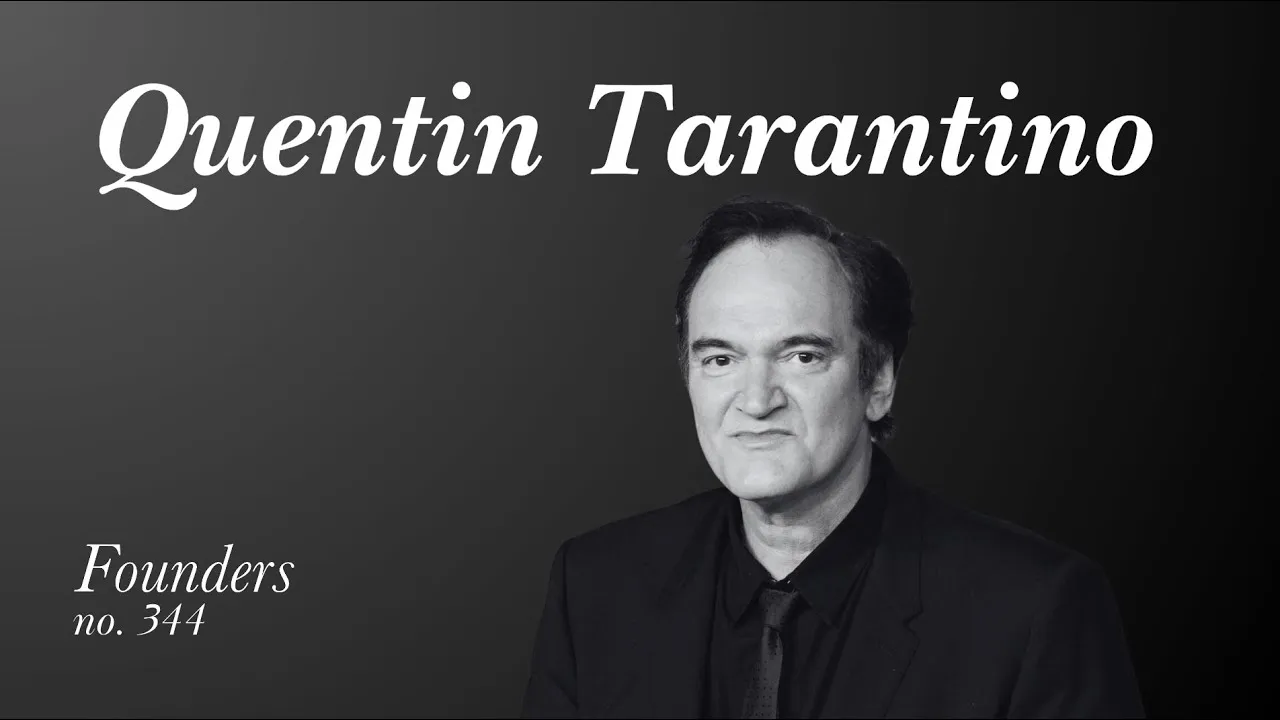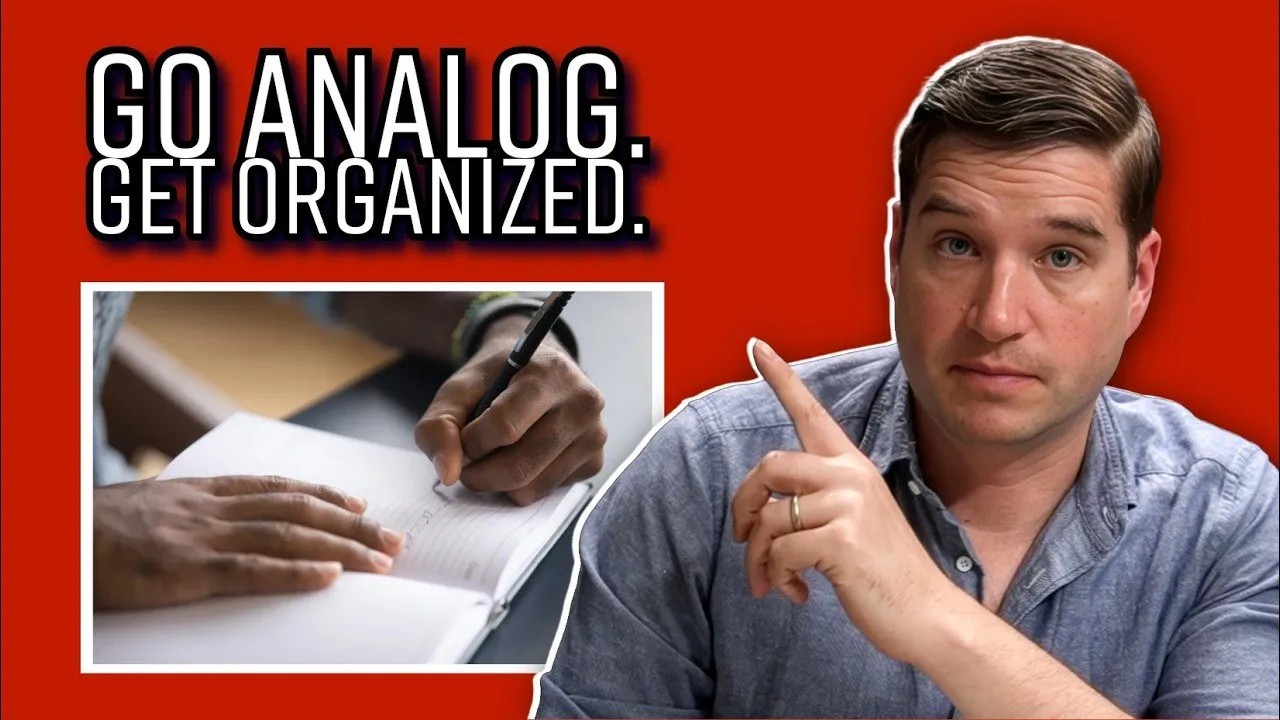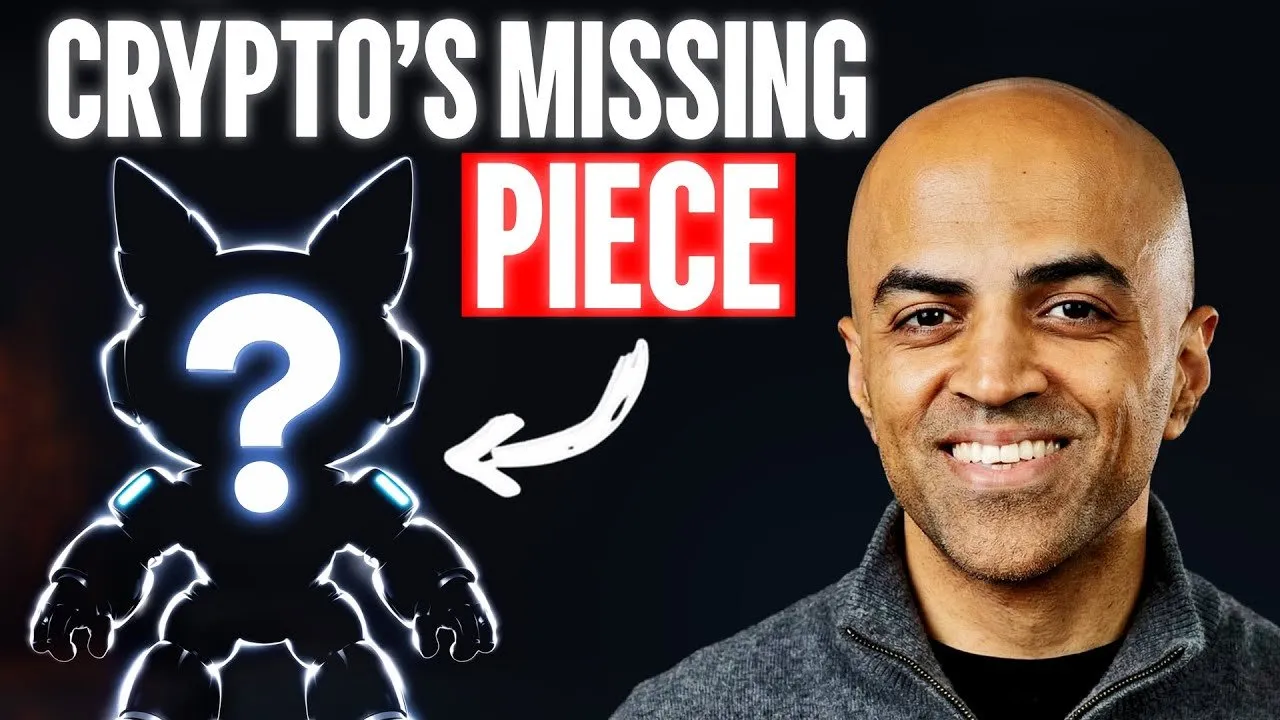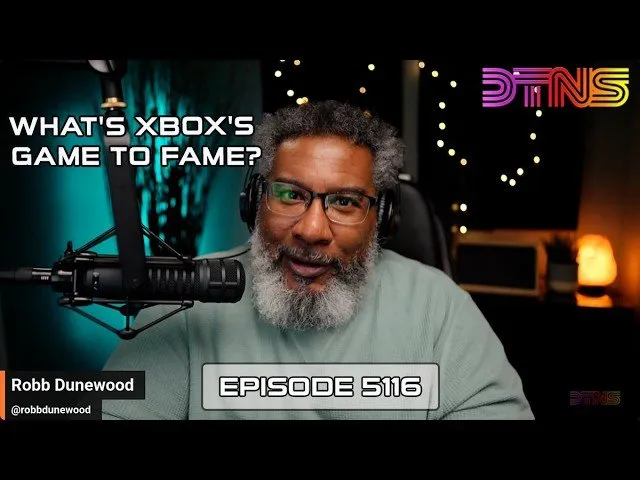Table of Contents
Quentin Tarantino's approach to filmmaking reveals how comprehensive historical knowledge, fearless execution, and infectious enthusiasm create lasting artistic success.
Key Takeaways
- Early exposure and extra practice time create significant competitive advantages - Tarantino's decade head start watching adult films enabled deeper industry knowledge.
- Comprehensive historical databases in your field provide material for future creative work - ideas learned decades earlier resurface in masterpieces.
- True interest reveals itself early and should be nurtured rather than discouraged, even when it appears unconventional or irresponsible.
- Obsessive study through repetition builds pattern recognition that separates masters from amateurs in any field.
- Fearlessness of eventual outcomes enables authentic creative expression that resonates more than safe, predictable work.
- Passion and enthusiasm are transferable qualities that enhance the perceived value of your work and build stronger relationships.
- Building physical archives and note-taking systems compounds learning over time and creates searchable knowledge bases.
- Studying the masters extensively through deliberate practice develops intuitive understanding that informs better decision-making.
- Creating your own curriculum focused on what you love often produces better results than following conventional educational paths.
Timeline Overview
- Early Childhood Influence (Age 7-10) — Tarantino's parents allowed him to watch adult movies, giving him a decade head start studying films that shaped his eventual career and comprehensive industry knowledge.
- Floyd Ray Wilson Mentorship (Age 15-16) — Living with Floyd, a wannabe screenwriter, exposed Tarantino to his first screenplays and planted the seed for his own writing ambitions decades later.
- Obsessive Study Period (Age 8-25) — Weekend movie marathons, traveling across Los Angeles to see specific films repeatedly, and building detailed index card databases of every movie watched.
- Video Store Years and Skill Development — Working at Video Archives while writing screenplays, developing his reputation as a film expert, and refusing to compromise his artistic vision.
- Professional Breakthrough and Fearless Execution — Selling True Romance to fund Reservoir Dogs, maintaining creative control despite industry pressure, and establishing his distinctive voice.
- Sustained Success Through Historical Knowledge — Using decades of film study to inform casting decisions, story structures, and stylistic choices across multiple acclaimed films.
- Legacy and Planned Retirement — Choosing to end his career at the peak based on historical knowledge that filmmakers don't improve with age, demonstrating learned wisdom from studying industry patterns.
The Foundation: Unconventional Early Education
Quentin Tarantino's mastery began with what most parents would consider irresponsible parenting - allowing a seven-year-old to watch violent, adult-oriented films. His mother Connie's decision to let him attend R-rated movies gave him approximately ten years of additional study time compared to peers who waited until their late teens to access the same material. This early exposure wasn't passive entertainment but active education, as his parents would discuss films during car rides home, teaching him to analyze and critique what he'd seen.
The key insight is that this "head start" created compound advantages throughout his development. By age seventeen, Tarantino had accumulated the equivalent of an adult's lifetime exposure to challenging cinema, developing sophisticated taste and analytical capabilities that impressed even older film enthusiasts. When other children were watching age-appropriate content, he was studying the greatest filmmaking era in Hollywood history - the 1970s - with the intensity that would later characterize his professional approach.
This unconventional education demonstrates how true mastery often requires breaking conventional rules and following authentic interests even when they appear inappropriate or irresponsible. The parents who wouldn't let their children play with Tarantino because of his movie exposure inadvertently validated that he was receiving an education unavailable to his peers. Sometimes the "wrong" decision creates the right foundation for extraordinary achievement.
Building a Comprehensive Historical Database
Tarantino's approach to film study resembles what modern knowledge workers do with digital tools, except he created analog systems decades before software existed. He maintained detailed index cards cataloging every movie he watched, kept scrapbooks with notes and analysis, and built extensive files organizing his observations about films, directors, and industry patterns. This physical database became the foundation for his later creative work.
The depth of his systematic study cannot be overstated. He would travel hours by bus across Los Angeles to see specific films in different theaters, sometimes watching the same movie fifteen or twenty times to develop deeper understanding. When a film like "Rolling Thunder" captured his attention, he followed it across the city for years, studying it repeatedly until he could analyze its structure, themes, and techniques with expert-level insight.
This obsessive cataloging and repetitive study created pattern recognition that enabled intuitive decision-making years later. When writing "Jackie Brown," he cast Robert Forster in the lead role based on a performance he'd seen seventeen years earlier in "Alligator," a decision influenced by a positive review he'd read as an eighteen-year-old. The historical database in his mind allowed him to make connections across decades that informed creative choices.
The Power of Fearless Authentic Expression
Throughout his career, Tarantino maintained what he calls "fearlessness of the eventual outcome" - a willingness to create exactly the films he wanted to see regardless of market pressures or industry expectations. When Harvey Weinstein pressured him to remove the ear-cutting scene from "Reservoir Dogs" because audiences walked out during screenings, Tarantino refused. When studios wanted him to replace John Travolta in "Pulp Fiction" because Travolta was considered a has-been, he refused.
This fearlessness stemmed from comprehensive knowledge of film history and deep conviction about his artistic vision. Having studied thousands of films, he understood what made great cinema and trusted his judgment over market research or executive opinions. His refusal to self-censor or play it safe during the restrictive 1980s created films that stood out precisely because they offered what audiences couldn't find elsewhere.
The financial results validate this approach. Eight of his ten films cost approximately $400 million total to produce but generated nearly $2 billion at the box office alone, not including decades of subsequent revenue. "Pulp Fiction" cost $8 million and earned $213 million theatrically, demonstrating how authentic vision often creates more commercial success than safe, committee-designed entertainment.
The Infectious Nature of Passion and Enthusiasm
One of Tarantino's most valuable assets is his infectious enthusiasm for cinema, which transfers to everyone around him - from audiences to actors to industry professionals. Andrew Mellon once told art dealer Joseph Duveen that "pictures always look better when you're here," and actors report similar experiences working with Tarantino. His genuine passion for filmmaking elevates the perceived value of his projects and creates collaborative environments where others perform at their best.
This enthusiasm manifests in both his creative process and his business relationships. Jamie Foxx described Tarantino as a "tyrant" on set who "won't let you f*** his film up," but immediately added that he would "work with Quentin Tarantino a thousand times" because the director's passion and expertise produce superior results. The intensity that might seem difficult actually signals deep care and commitment that actors find inspiring rather than oppressive.
The lesson extends beyond filmmaking to any field where collaboration drives results. When leaders demonstrate authentic passion for their work and deep expertise in their domain, team members respond with higher effort and better performance. Enthusiasm isn't just an emotional quality - it's a practical tool that improves outcomes by inspiring others to contribute their best work.
Creating Your Own Curriculum and Education
Tarantino's education came primarily from films rather than formal schooling, leading to his famous quote: "When people ask me if I went to film school, I tell them no, I went to films." His poor academic performance resulted not from lack of intelligence but from complete focus on his true interest. One supportive teacher, Mr. Simpson, recognized this pattern and created a separate curriculum that honored Tarantino's advanced reading level and creative writing abilities.
The key insight is that authentic education often requires rejecting conventional paths and designing personalized learning approaches. Tarantino spent weekends in movie theaters for hours, took buses across Los Angeles to see specific films, and created detailed analysis systems that served his specific learning style and interests. This self-directed approach produced deeper expertise than any formal film program could provide.
Modern knowledge workers can apply similar principles by identifying their core interests early and designing learning systems that support obsessive study. Whether through building personal databases, seeking out primary sources, or creating practice opportunities that align with genuine interests, the goal is accumulating comprehensive knowledge in your chosen field rather than following standardized educational pathways.
Learning from Masters Through Repetitive Study
Napoleon's advice to "read over and over again the campaigns of Alexander, Hannibal, Caesar, Frederick the Great" perfectly describes Tarantino's approach to film study. He didn't just watch movies once for entertainment - he studied the greatest films repeatedly until he understood their structure, techniques, and artistic choices at a deep level. This repetitive analysis developed the pattern recognition that enables masterful creative work.
The process resembles how Magnus Carlsen became the world's dominant chess player by studying chess history so extensively that he won chess trivia contests in addition to matches. Comprehensive historical knowledge creates intuitive understanding that appears as natural talent but actually results from systematic study. When Tarantino makes seemingly spontaneous creative decisions, they're informed by decades of accumulated knowledge about what works and why.
This approach applies to any field where mastery matters. Warren Buffett and Charlie Munger read extensively about business history, studying thousands of annual reports and business biographies to develop investment judgment. Kobe Bryant studied game film obsessively to understand basketball strategy and execution. The pattern consistently shows that those who reach the top of their professions invest extraordinary time studying the history and techniques of their chosen fields.
Practical Systems for Knowledge Building
Tarantino's analog knowledge management system provides a template for building comprehensive expertise in any field. His approach included systematic cataloging (index cards for every film), detailed analysis (scrapbooks with notes and observations), and active practice (writing screenplays and conducting director interviews). These practices created a searchable database of knowledge that compound over time.
Modern practitioners can adapt these principles using digital tools while maintaining the same systematic approach. This might involve creating detailed notes on everything you read or watch in your field, building searchable databases of insights and patterns, and actively practicing the skills you're trying to develop. The key is treating knowledge building as a systematic project rather than passive consumption.
The investment pays dividends for decades. Ideas Tarantino encountered as a teenager influenced casting decisions and story elements in films made twenty years later. The same principle applies to any field - comprehensive early study creates a foundation that supports better decision-making throughout your career. Building these systems requires upfront investment but produces compound returns that justify the effort.
Understanding Tarantino's methodology reveals how apparent natural talent often results from systematic study, fearless execution, and infectious enthusiasm applied consistently over decades. His approach provides a blueprint for building mastery in any field through obsessive learning and authentic expression.
Practical Implications
- Start building comprehensive knowledge in your field as early as possible, even if it requires unconventional approaches or breaking standard rules
- Create systematic methods for cataloging and reviewing everything you learn, whether through digital tools or physical filing systems
- Study the masters in your field repeatedly rather than consuming new material constantly, focusing on deep understanding over broad exposure
- Develop fearlessness about outcomes by building confidence through comprehensive knowledge and authentic passion for your work
- Let genuine enthusiasm guide your learning and work choices, recognizing that passion is transferable and enhances results
- Design personalized education approaches that serve your interests rather than following conventional pathways that may not align with your goals
- Build physical or digital archives that allow you to search and reference ideas from years or decades earlier
- Practice your craft regularly while studying, combining theoretical knowledge with practical application to develop intuitive understanding





